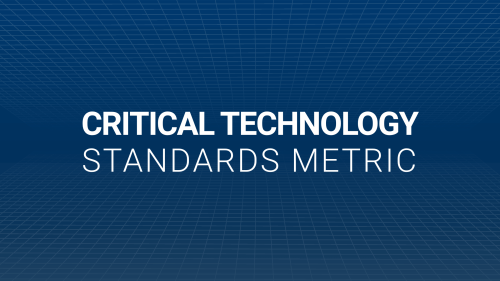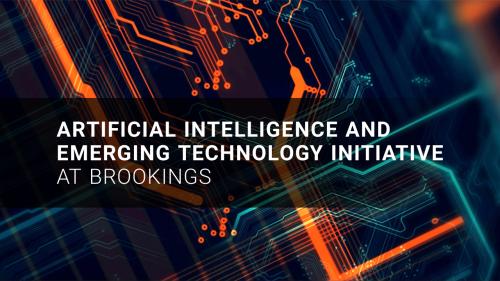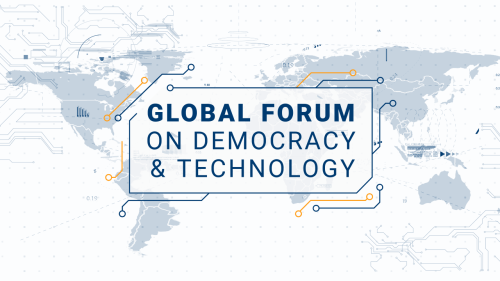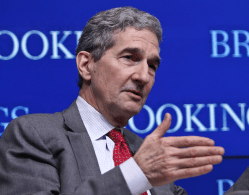

The Forum for Cooperation on Artificial Intelligence (FCAI), a collaboration between the Brookings Institution and the Centre for European Policy Studies, hosts regular AI dialogues among high-level officials from seven governments (Australia, Canada, EU, Japan, Singapore, U.K., and the U.S.) as well as experts from industry, civil society, and academia, aimed at identifying opportunities for international cooperation on AI regulation, standards, and research and development. Many of the ideas and policy recommendations from the dialogues are reflected in FCAI reports and blogs.


2026
2025

The Critical Technology Standards Metric (CTSM) assesses the capacity of governments, industry and civil society in the Asia-Pacific to engage in the development of and use of critical technology standards in key standards setting bodies.

The Brookings Institution’s Artificial Intelligence and Emerging Technology Initiative aims to advance good governance of transformative new technologies.

The Brookings Global Forum on Democracy & Technology is an effort to develop shared practices and applications for emerging technologies that can strengthen democratic societies around the world.
Forum co-leaders


Experts

Staff
